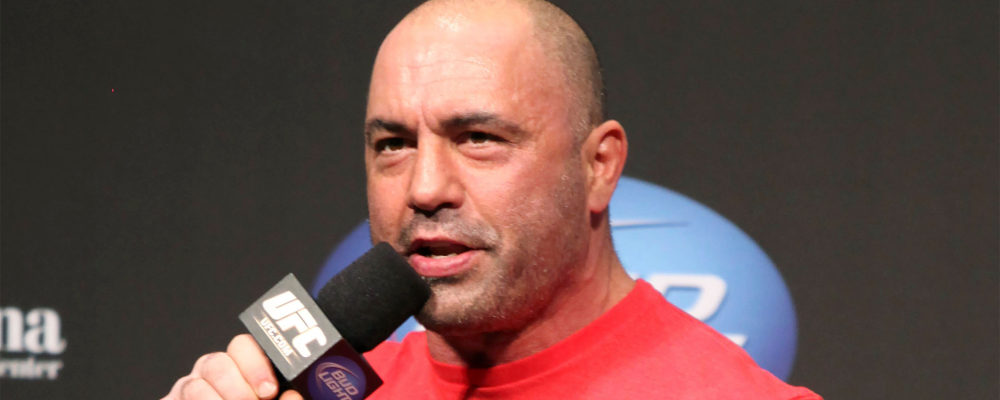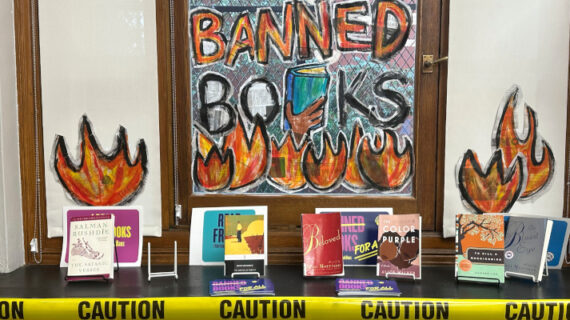“To err is human; to forgive divine” is a proverb written by Alexander Pope in 1711 in his An Essay on Criticism. It is commonly used to remind us that we all make mistakes in life and that accepting and forgiving human failings is something to strive for.
To err is human, but actions do have consequences. How can we determine when to accept and forgive failings and when are they unacceptable and require their own serious consequences?
Whoopi Goldberg recently erred in her comments about a Tennessee school board banning Art Spiegelman’s graphic novel about the Holocaust entitled Maus. She now infamously said, “If you’re going to do this, then let’s be truthful about it because the Holocaust isn’t about race…it’s about man’s inhumanity to man”. Since it was about groups of white people killing each other, she believed it wasn’t about race. She failed to appreciate that the Nazi’s hatred for Jews stemmed from their desire to eradicate an impure race.
Racial demonization is of course colour blind. Whether it is about slavery of Blacks in the U.S. and the dehumanization of people based on colour, or considering white Jews an inferior race worthy of indiscriminate and brutal murder, it is equally and horribly about race. Whoopi apologized publicly and expressed regret about the ignorance of her words and the enlightenment gleaned from her criticism. In the current climate of cancellation as a response to an error in judgement, ABC suspended her from the show “The View” for two weeks. As a child of parents who were Holocaust survivors and suffered the horrors of Auschwitz and Buchenwald, I was disheartened by her ignorance but could accept that her different upbringing and experience due to her race led to her comments. To err is human, to learn and understand deserves forgiveness rather than cancellation.
Joe Rogan has an audience of 11 million people who listen to his Joe Rogan Experience podcast on Spotify. He interviews a diverse group of people and over a few hours allows people to listen to and understand a point of view. He has been vilified because he is believed to promote vaccine hesitancy. His December 31st interview of Dr. Robert Malone, a highly educated virologist suspended from Twitter for his conspiracy theories about vaccination, led to a firestorm of protest. A number of artists pulled their songs from Spotify. Calls rang out for his cancellation. Malone sounds very reasonable but espouses unsubstantiated theories about the risks of vaccination. Rogan was naive and failed to challenge him, instead treating him as someone with high-level medical credentials. When Malone suggested that hospitals erroneously labelled many medical deaths as COVID-related since they were paid more, there was no challenge. If this were true on a large scale, where was the evidence? And why would auditors not catch and reverse the overpayments? Rogan similarly didn’t challenge other misrepresentations that had no factual scientific basis, arguing that he isn’t a scientist. What he needed was advice from a better scientist prior to the interview.
Rogan later apologized in a manner similar to Whoopi. He acknowledged that he should have questioned more and he would ensure more balance of opinion in the future, especially about sensitive pandemic issues. Spotify agreed to adopt a better policy to decrease the spread of misinformation, a challenge faced and inadequately dealt with by all social media platforms. Rogan erred, but I don’t see him as a strident and dangerous right-wing anti-vaxxer. I heard him interview Bernie Sanders and listen to his socialist agenda with respect even if he didn’t accept it all. However, if you are a major influencer you have an obligation to not allow people to use your platform to spread dangerous misinformation. Hopefully, both he and Spotify have learned an important lesson.
President Trump recently criticized Mike Pence for failing to overturn a legal election and hinted that if somehow elected again in 2024, he might pardon the insurrectionists that stormed the U.S. Capitol. His words are shocking and frightening and went unchallenged by all too many members of the Republican Party. Condoning insurrection is not simply erring, it is dangerous and undermines democracy and the rule of law. Cancellation of his views should come from brave members of the Party of Lincoln and rejection at the ballot box. There is little room for forgiveness.
Pence to his credit replied that “January 6 was a dark day in the history of the United States Capitol. Lives were lost and many were injured. Thanks to the courageous action of the Capitol Hill Police and federal law enforcement the violence was quelled”. They finished their work that day to uphold the Constitution of the United States and its laws.
Not everyone who errs is thoughtful enough to realize their mistake, apologize, and learn from it. Those who are convicted of desecrating a national monument by urinating on it deserve forgiveness as we look at them behind bars. Perhaps being caught up in their protest, they didn’t fully understand the disgust that would be felt at the dishonour to those who gave their lives for our freedom. They need to learn that criminal actions can have serious consequences.
Forgiveness helps the one who has erred but also helps to relieve us of the anger of harsh judgement. It allows us to accept, voice our opinion, hopefully influence, and move on. We need to reflect on the intent of the error, the damage done, and the potential remedy. Forgiveness doesn’t mean accepting that a word or action isn’t wrong. It recognizes that to err is human and that to learn from that error is indeed divine.




